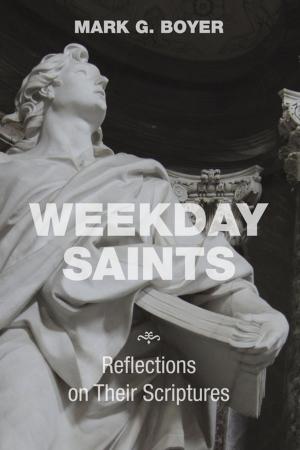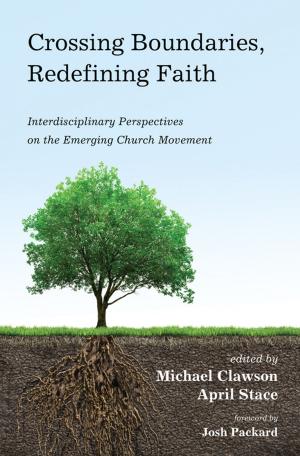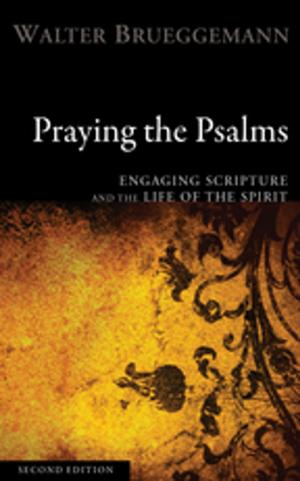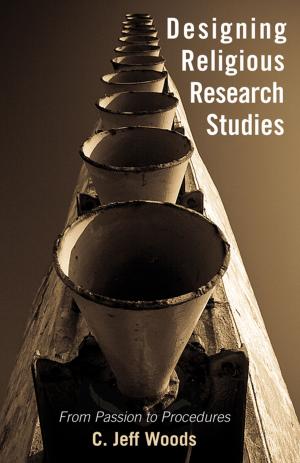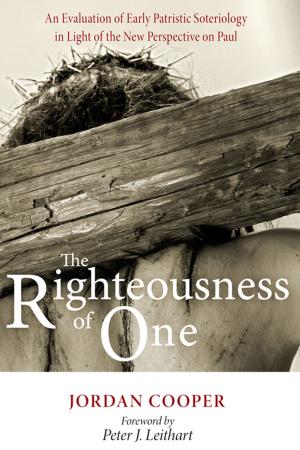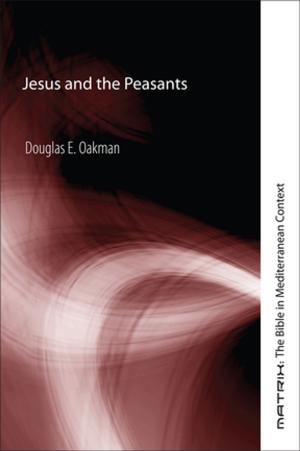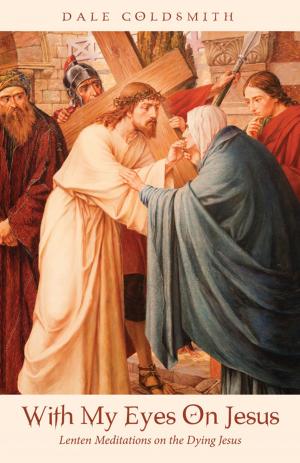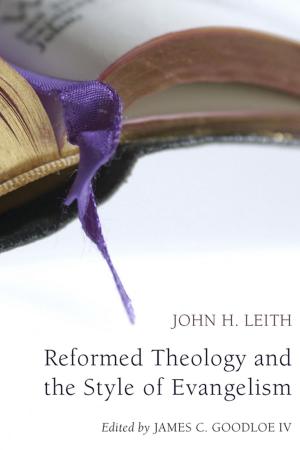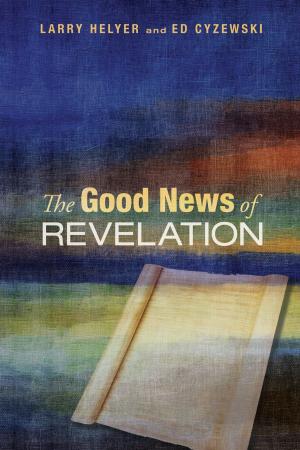Summer Sermons, Winter Thoughts
Nonfiction, Religion & Spirituality, Inspiration & Meditation, Preaching| Author: | Peter C. Hodgson | ISBN: | 9781532647079 |
| Publisher: | Wipf and Stock Publishers | Publication: | May 31, 2018 |
| Imprint: | Cascade Books | Language: | English |
| Author: | Peter C. Hodgson |
| ISBN: | 9781532647079 |
| Publisher: | Wipf and Stock Publishers |
| Publication: | May 31, 2018 |
| Imprint: | Cascade Books |
| Language: | English |
The "summer sermons" have been delivered in the Presbyterian Church of Eagles Mere, Pennsylvania, over a period of fifteen years. When someone first arrives in Eagles Mere for the summer, people ask how their "winter" has been--winter meaning the whole time that has elapsed since the previous summer. In the author's case, "winter" means Nashville, Tennessee, where he has lived since 1965 when he joined the faculty of Vanderbilt Divinity School, retiring after thirty-eight years. "Winter Thoughts" consists of autobiographical reflections on three topics: lives, theologies, and politics. The lives are those of Peter and Eva Hodgson. The longest section, "Theologies," describes the various influences and directions the author's work has taken in systematic and historical theology. "Politics" reflects on the decline of the liberal democratic consensus. The whole is loosely held together by an underlying question: How is God efficaciously present in history without violating the fabric of history?
The "summer sermons" have been delivered in the Presbyterian Church of Eagles Mere, Pennsylvania, over a period of fifteen years. When someone first arrives in Eagles Mere for the summer, people ask how their "winter" has been--winter meaning the whole time that has elapsed since the previous summer. In the author's case, "winter" means Nashville, Tennessee, where he has lived since 1965 when he joined the faculty of Vanderbilt Divinity School, retiring after thirty-eight years. "Winter Thoughts" consists of autobiographical reflections on three topics: lives, theologies, and politics. The lives are those of Peter and Eva Hodgson. The longest section, "Theologies," describes the various influences and directions the author's work has taken in systematic and historical theology. "Politics" reflects on the decline of the liberal democratic consensus. The whole is loosely held together by an underlying question: How is God efficaciously present in history without violating the fabric of history?

